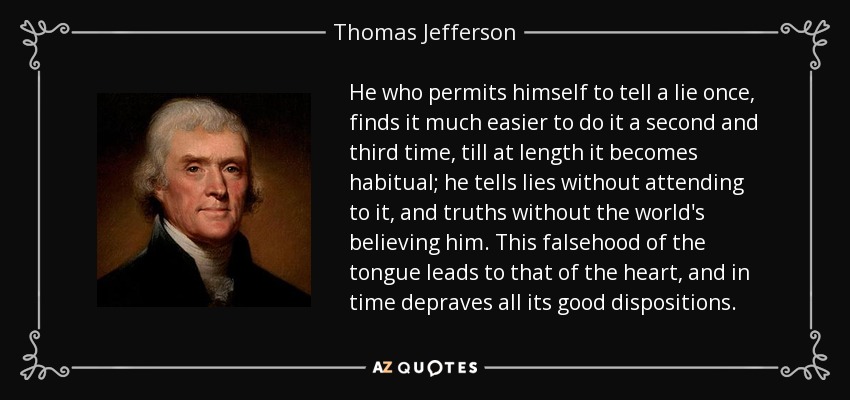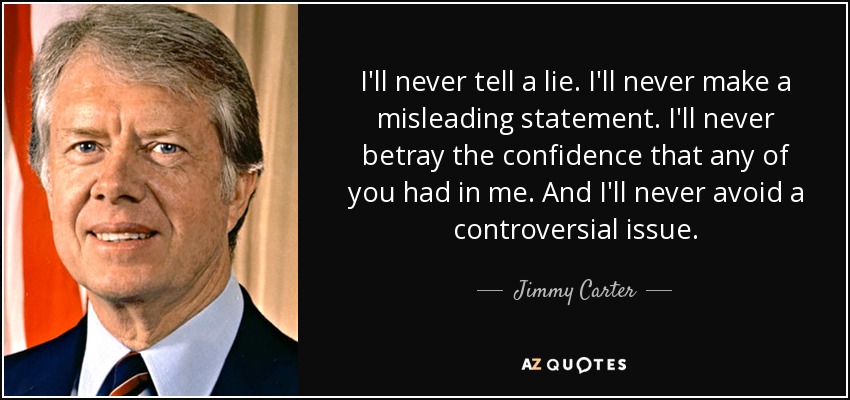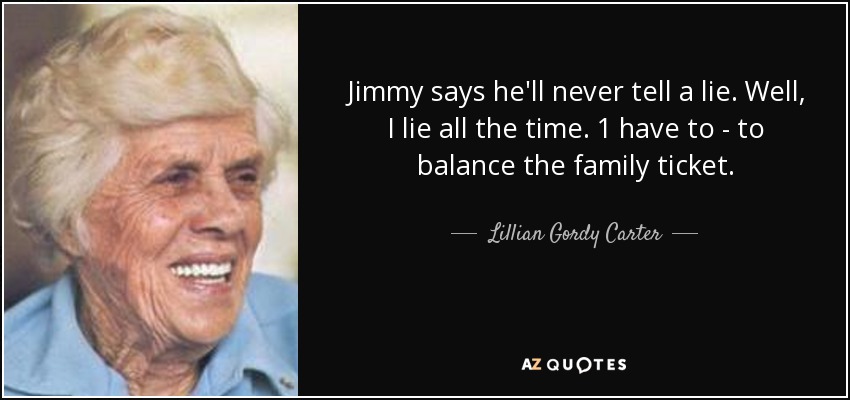Click here to return to Blog Post Intro
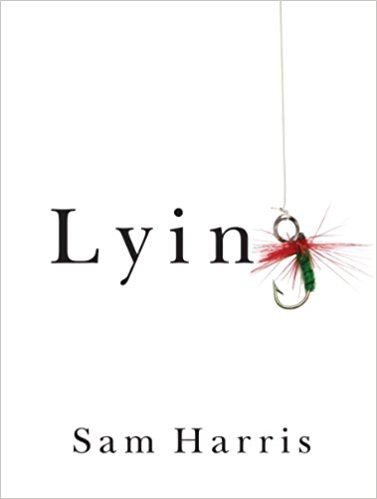
Most people already believe that lying is generally wrong—and they also know that some situations seem to warrant it. Lying, even about the smallest matters, needlessly damages personal relationships and public trust.
Endless forms of suffering and embarrassment could be easily avoided by simply telling the truth.
What Is a Lie?
The boundary between lying and deception is often vague. It is even possible to deceive with the truth. To lie is to intentionally mislead others when they expect honest communication. Whatever our purpose in telling them, lies can be gross or subtle.
The intent to communicate honestly is the measure of truthfulness. It is in believing one thing while intending to communicate another that every lie is born.
The moment we consider our dishonesty from the perspective of those we lie to, we recognize that we would feel betrayed if the roles were reversed.
Few of us are murderers or thieves, but we have all been liars. And many of us will be unable to get into our beds tonight without having told several lies over the course of the day.
At least one study suggests that 10 percent of communication between spouses is deceptive. Research suggests that all forms of lying—including white lies meant to spare the feelings of others—are associated with less satisfying relationships.
Honesty is a gift we can give to others. It is also a source of power and an engine of simplicity. Knowing that we will attempt to tell the truth, whatever the circumstances, leaves us with little to prepare for. We can simply be ourselves in every moment. Lying on the other hand includes these issues:
- Mental Accounting: One of the greatest problems for the liar is that he must keep track of his lies.
- Lies beget other lies. Unlike statements of fact, which require no further work on our part, lies must be continually protected from collisions with reality. When you tell the truth, you have nothing to keep track of.
- Suspicion often grows on both sides of a lie: Research indicates that liars trust those they deceive less than they otherwise might—and the more damaging their lies, the less they trust, or even like, their victims.
Ethical transgressions are generally divided into two categories: the bad things we do (acts of commission) and the good things we fail to do (acts of omission).
What could be wrong with truly “white” lies?
Sincerity, authenticity, integrity, mutual understanding—these and other sources of moral wealth are destroyed the moment we deliberately misrepresent our beliefs, whether or not our lies are ever discovered.
In many circumstances in life, false encouragement can be very costly to another person. False encouragement is a kind of theft because it steals time, energy, and motivation that a person could put toward some other purpose.
A wasteland of embarrassment and social upheaval can generally be avoided by following a single precept: Do not lie. Though “never tell a lie” has the obvious virtue of clarity, in practice this rule can produce behavior that only a psychopath might endorse. A total prohibition against lying is also ethically incoherent in anyone but a true pacifist. If you think that it can ever be appropriate to injure or kill a person in self-defense, or in defense of another, it makes no sense to rule out lying in the same circumstances.
To lie is to erect a boundary between the truth we are living and the perception others have of us. Big lies have led many people to reflexively distrust those in positions of authority.
We seem to be predisposed to remember statements as true even after they have been disconfirmed. In psychology, this is known as the “illusory truth effect.” Familiarity breeds credence.
Acts of adultery and other personal betrayals, financial fraud, government corruption—even murder and genocide—generally require an additional moral defect: a willingness to lie. Lying is, almost by definition, a refusal to cooperate with others. It condenses a lack of trust and trustworthiness into a single act.
Lies are the social equivalent of toxic waste: Everyone is potentially harmed by their spread.
How would your relationships change if you resolved never to lie again? What truths about yourself might suddenly come into view? What kind of person would you become? And how might you change the people around you? It is worth finding out.
A Conversation with Ronald A. Howard
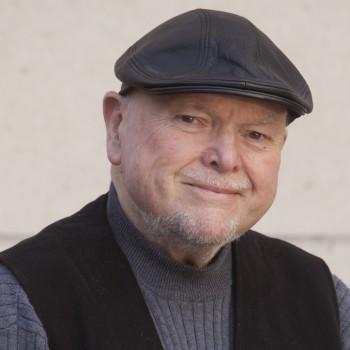
Howard directs teaching and research in the Decision Analysis Program of the Department of Management Science and Engineering at Stanford University. He is also the director of the department’s Decisions and Ethics Center, which examines the efficacy and ethics of social arrangements.
Some people deal with considering lying by thinking in a kind of a hierarchy. They might say, “Well, I don’t want to kill people, but I’ll kill in self-defense. I don’t want to steal, but I’d steal to keep someone alive. I wouldn’t ordinarily lie, but I’ll do it to save someone’s property or to save a life… Part of one’s ethical code that one is willing to impose on other people, which I refer to by the maxim ‘Peaceful, honest people have the right to be left alone.’”
Howard explains that he would make a distinction between the maxim-breakers—in other words, people who are harming others or stealing—and those who are merely lying or otherwise speaking unethically. From Howard’s perspective, lying is not a crime unless it’s part of a fraud.
From another perspective, Howard notes that growth is encouraged by accurate feedback. Telling children they are always accomplishing wonderful things regardless of their actual accomplishments is not going to serve them when they face the world. Self-deception isn’t of any value either.
You’ve got to be honest about who you are—about what you know and don’t know and about what you can and can’t do—and still be willing to try things and experiment. Howard concludes, “To me, it’s pretty simple.”
I tend to agree, and if we’re going to be leaders who shoot for the stars, we need to be truth-tellers, who can be counted on as people of our word!

